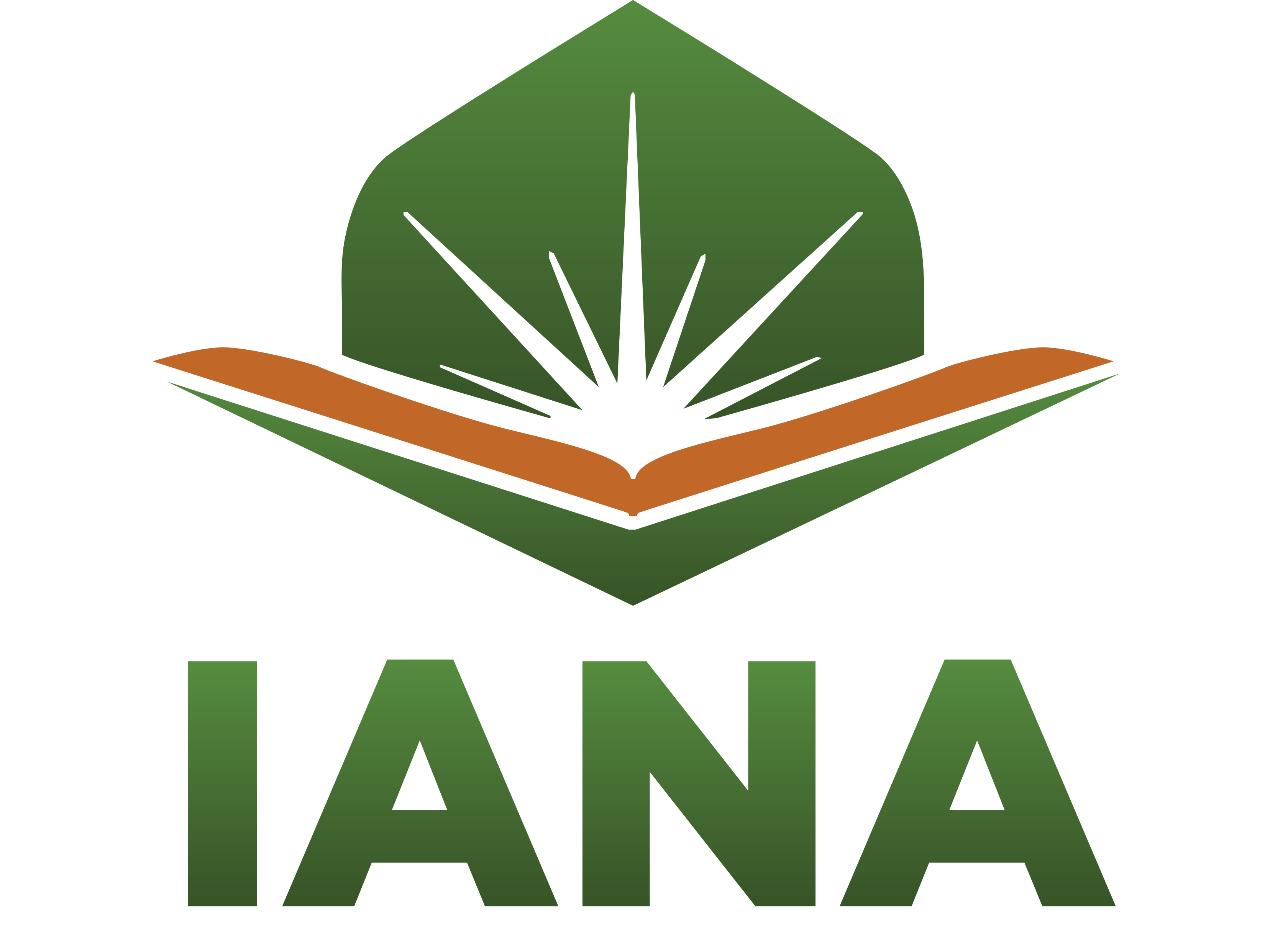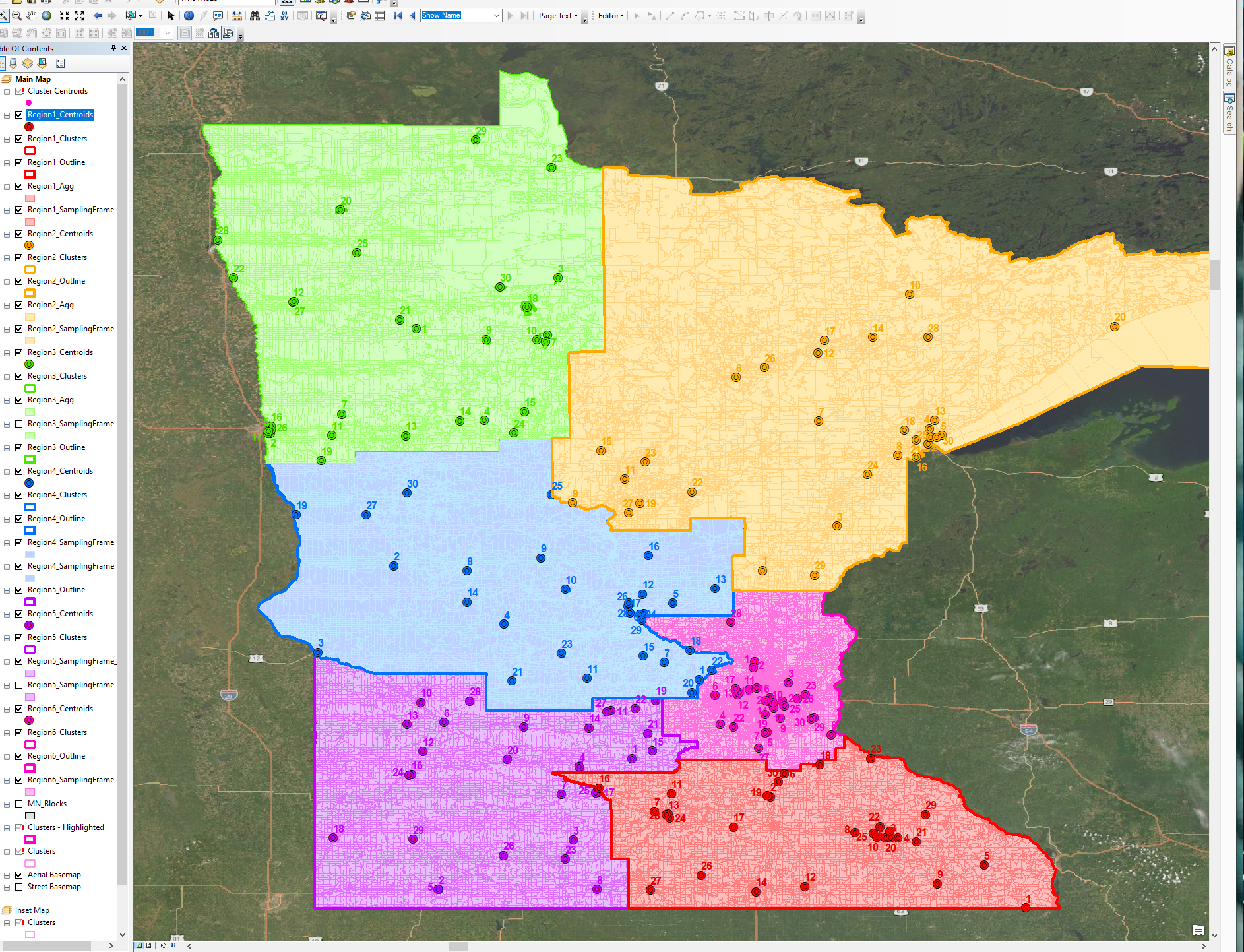COVID-19 CASPER Survey: Frequently Asked Questions
What is a CASPER?
CASPER stands for Community Assessment for Public Health Emergency Response. It is a quick way for public health workers to understand the needs of a community. It is an evidence-based tool developed by the Centers for Disease Control (CDC). The Minnesota Department of Health (MDH) is conducting a modified-CASPER to understand the impact of COVID-19 on Minnesota’s communities.
Who can I expect to knock on my door?
A team of public health workers and a healthcare professional will come to your door. They will have a vehicle with the State of Minnesota logo on it and will have an MDH vest and nametag.
Will the public health survey teams be wearing masks or other protective gear?
Yes, all public health survey teams will be wearing personal protective equipment (PPE). This includes masks for all members of the team and gowns and gloves for the sample collector. Gowns will be changed between houses and gloves will be changed between each person.
- What information will the public health survey teams be collecting?
They will ask you to answer a brief questionnaire (survey). Then, the team’s healthcare professional will complete two tests if you agree to participate. You can do one or both of the tests. They are:
A nasal swab test: a health care professional will swab the inside of your nose to see if you currently have COVID-19. - A serology test, also called an antibody test: a health care professional will collect a few drops of blood from your finger to see if you have previously been infected with COVID-19. This is done through a finger prick with minimal pain.
What personal information do they collect in the survey? Do they take your name, address, age, etc.?
You will be asked to fill out a survey that includes basic information such as your name, birthday, phone number, address, and race to help us better understand which populations COVID-19 is affecting the most. This information will remain private.
How will my information be kept private?
All health information collected during the survey will remain confidential. Positive nasal swab test results will be shared with the health department case investigation team to follow up.
How were the survey locations chosen?
The locations were chosen using traditional public health methods to make sure Minnesotans are equally represented.
Can I participate if I do not live in one of the chosen locations?
If an interview team comes to your home, then you can agree to participate. If they come to your home and miss you, they will leave behind a flyer and return. Because the selections are random, we are unable to have people sign up.
What if I want free COVID-19 testing but my household was not selected?
Free community testing events are offered in areas with outbreaks, increasing cases, or other barriers to access existing test sites. Information on upcoming testing events are posted on the COVID-19 Community Testing website (www.health.state.mn.us/diseases/coronavirus/testsites/index.html).
You can also talk to your health care provider about getting tested. Federal law requires health insurance plans to cover diagnostic and antibody testing at no cost to patients. There may be charges associated with the office visit to get tested. Check with your clinic and insurance company for more details.
Will I get my test results back? How long should I expect to wait, and how will I receive them?
Participants will receive their test results for both the COVID-19 nasal swab and the antibody (serology) test. If your test results are negative, a health care professional will send you a text message with your results. If either of your test results are positive, a health care professional will call you with your results and provide further information. You should hear back within a few days and receive a paper copy a few weeks later.
Will the MDH and CDC store any of my personal information?
The information collected from samples and surveys will be destroyed after 3 years.
What if I want to participate but am not home with the team comes by? Will they come a second time?
The survey team will attempt to reach your household three separate times. If there is no response after the third time, they will choose another household.
How long do you expect the visit to take?
It is estimated that it will take 15-20 minutes per household member. For example, if there are two members of the household the visit should take less than an hour.
Will translators be available?
Yes, translators will be available.
Can I stop the process partway through if I am uncomfortable?
You will be asked to sign a consent form before the survey and tests take place. However, if you are uncomfortable and would not like to proceed at any point, let the survey members know you would like to withdraw your consent and your samples and responses will not be included in the study.
What is this information being used for?
The information being collected will help us to:
- Understand how COVID-19 has spread in Minnesota communities.
- Understand what factors influence COVID-19 infection in areas with community transmission.
- Explore how COVID-19 transmission and infection rates differ among regions in Minnesota.
- Identify what percent of the population is infected with COVID-19 but do not have symptoms.
- Improve health messaging and prevent COVID-19 spread.
Is participation mandatory?
No, you do not have to participate. It is voluntary. You can participate in part of the survey and test or complete the whole process. You can opt out at any point. All information will be kept private.
Will they come into my house?
Only with your permission.
How will this affect the state’s case data? Will we suddenly see 20,000 positive tests on the website? Will antibody tests be added to positive cases?
State case data will be largely unaffected as only a small number of people are being tested each day. Certain counties may see small changes in their positivity rates. Antibody tests will be recorded separately from positive test counts.
How reliable are the antibody tests?
We still do not know how well these tests work. None of the tests on the market have been fully studied and approved by the Food and Drug Administration (FDA). However, the FDA and federal health and human services have given some of the tests special, temporary approval to test for antibodies.
Minnesota Department of Health | health.mn.gov | 651-201-5000 625 Robert Street North PO Box 64975, St. Paul, MN 55164-0975
Contact health.communications@state.mn.us to request an alternate format.



Leave a Reply